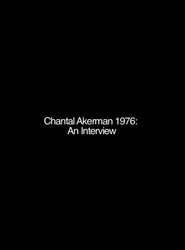detail profile b ruby rich
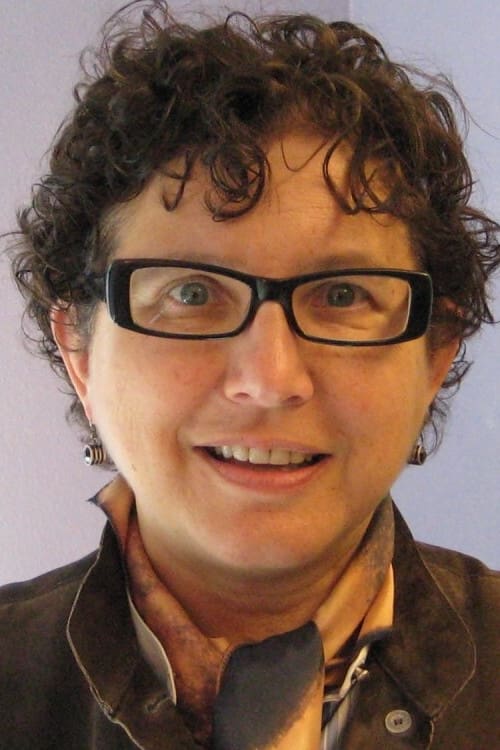
B. Ruby Rich
Б. Руби Рич
atau dikenal sebagai
Riwayat Hidup
B.
Ruby Rich is an American scholar, critic of independent, Latin American, documentary and gay films, and a professor of Community Studies and Social Documentation also known as "SocDoc" at UC Santa Cruz.
She has also taught documentary film and queer studies during spring semesters at UC Berkeley.
She is credited with coining the term New Queer Cinema.
Rich began her career in film exhibition after graduating from college as co-founder of the Woods Hole Film Society.
She then became associate director of the Film Center at the Art Institute of Chicago.
After working as film critic for the Chicago Reader, she moved to New York City to become the director of the film program for the New York State Council on the Arts for a decade.
A working cultural theorist and critic since the mid-1970s, Rich has been closely identified with a number of important film movements, such as independent film in the U.
S.
and Europe, Latin American cinema and, more notably, as one of the most important voices in feminist film criticism.
Her presence at film festivals (such as Sundance, where she was an early member of the selection committee), her film reviews in major national publications, and her commentaries on the public broadcasting programs The World and Independent View, have secured her place as a central figure in the history of what she terms "cinefeminism.
"
B.
Ruby Rich appears in the 2009 documentary film For the Love of Movies: The Story of American Film Criticism where she discusses the appeal of the film, Amélie, and expresses her desire for a new kind of criticism to emerge from young critics which goes beyond "the auteur theory.
"
Rich has been a regular contributor to the Village Voice, as well as the San Francisco Bay Guardian and the British Film Institute's Sight & Sound.
She has also contributed to The Guardian, the Nation, ELLE, Mirabella, The Advocate and Out.
She was the founding editor of film/video reviews for GLQ: A Journal of Lesbian and Gay Studies.
The cover of her classic 1998 book, Chick Flicks: Theories and Memories of the Feminist Film Movement, reads, "If there was a moment during the sixties, seventies, or eighties that changed the history of the women's film movement, B.
Ruby Rich was there.
Part journalistic chronicle, part memoir, and 100 percent pure cultural historical odyssey, Chick Flicks – with its definitive, the way-it-was collective essays – captures the birth and growth of feminist film as no other book has done.
"
Rich's observations cover such things as travel, sex, and voodoo, as well as the anti-pornography movement, the films of Yvonne Rainer, a Julie Christie visit to Washington, and the historically evocative film Maedchen in Uniform.
She introduces each of her essays with an autobiographical prologue that describes the intellectual, political, and personal moments from which the work arose, in the hope that a new generation of feminist film culture might be revitalized by reclaiming its own history.
Rich is the recipient of the 2006 Honorary Life Membership Award from the Society for Cinema and Media Studies; and she is the recipient of the 2007 Brudner Prize at Yale University.
B.
Ruby Rich lives in San Francisco.
Info Pribadi
Peran Yang Di Mainkan B. Ruby Rich
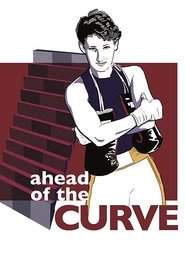 With a fist full of credit...
With a fist full of credit...Ahead of the Curve 2021
With a fist full of credit cards, a lucky run at the horse track, and a title that called to mind a certain French film star, Franco Stevens launched the best-selling lesbian lifestyle magazine ever published, connecting her community in an unprecedented way. AHEAD OF THE CURVE is a new feature documentary about the extraordinary woman who started Curve magazine, and by doing so helped accelerate the political and social evolution of the nation.
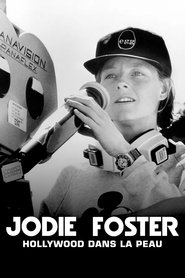 From her precocious status as a...
From her precocious status as a...Jodie Foster, Hollywood Under the Skin 2021
From her precocious status as a sex symbol to her consecration as a filmmaker, Jodie Foster's story is about a feminist struggle, albeit atypical, fought on and off the screen. This film sets out to retrace her remarkable journey within the Hollywood industry.
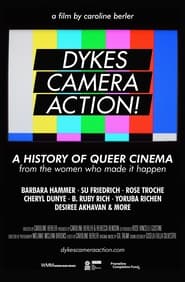 The film examines the ways that...
The film examines the ways that...Dykes, Camera, Action! 2018
The film examines the ways that women directors have contributed to this genre and emphasizes the role that the media play in representation of sexuality and gender, underscoring the power that film has to shape our perceptions of one another. Visually, this documentary comes to life on screen through compelling and intimate original interviews, intercut with emotionally-charged archival footage, photographs, ephemera, inspired music, and film clips.
 Critics Kent Jones B Ruby Rich...
Critics Kent Jones B Ruby Rich...Johnny Guitar: A Feminist Western? 2016
Critics Kent Jones, B. Ruby Rich, Joe McElhaney and Miriam Bale take a closer look at the feminist overtones in "Johnny Guitar."
 Critics Kent Jones B Ruby Rich...
Critics Kent Jones B Ruby Rich...Johnny Guitar: A Western Like No Other 2016
Critics Kent Jones, B. Ruby Rich, Joe McElhaney and Miriam Bale discuss the unique qualities of "Johnny Guitar," its lasting appeal and the influence the film had on some prominent directors during the years.
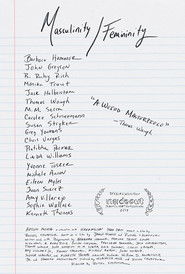 MasculinityFemininity is an experimental film project...
MasculinityFemininity is an experimental film project...Masculinity/Femininity 2015
Masculinity/Femininity is an experimental film project interrogating normative notions of gender, sexuality and performance. Shot primarily on Super 8, the project merges academic and creative critique -- a document of gender de-construction rather than a documentary about gender construction.
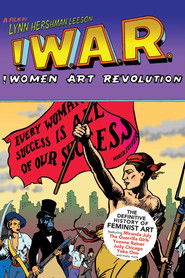 Through intimate interviews provocative art and...
Through intimate interviews provocative art and...!W.A.R.: !Women Art Revolution 2010
Through intimate interviews, provocative art, and rare, historical film and video footage, this feature documentary reveals how art addressing political consequences of discrimination and violence, the Feminist Art Revolution radically transformed the art and culture of our times.
 Mutantes sheds light on a feminism...
Mutantes sheds light on a feminism...Mutantes: Punk Porn Feminism 2009
Mutantes sheds light on a feminism that was little talked about in France. This documentary comprises of a series of interviews conducted in the USA, Paris and Barcelona, and documents from the archives about the political action of sex workers, queer activists and post-pornographic performances.
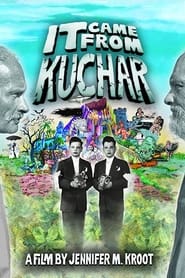 It Came from Kuchar is the...
It Came from Kuchar is the...It Came from Kuchar 2009
It Came from Kuchar is the definitive, feature documentary about the legendary, underground filmmaking twins, the Kuchar brothers. George and Mike Kuchar have inspired two generations of filmmakers, actors, musicians, and artists with their zany, "no budget" films and with their uniquely enchanting spirits.
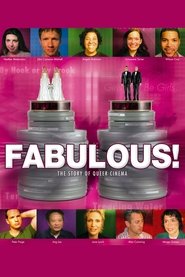 A chronological look at films by...
A chronological look at films by...Fabulous! The Story of Queer Cinema 2006
A chronological look at films by, for, or about gays and lesbians in the United States, from 1947 to 2005, Kenneth Anger's "Fireworks" to "Brokeback Mountain". Talking heads, anchored by critic and scholar B. Ruby Rich, are interspersed with an advancing timeline and with clips from two dozen films. The narrative groups the pictures around various firsts, movements, and triumphs: experimental films, indie films, sex on screen, outlaw culture and bad guys, lesbian lovers, films about AIDS and dying, emergence of romantic comedy, transgender films, films about diversity and various cultures, documentaries and then mainstream Hollywood drama. What might come next?
 Five Chicana cultural critics gather over...
Five Chicana cultural critics gather over...Conversations with Intellectuals About Selena 1999
Five Chicana cultural critics gather over a meal to discuss and debate the life, death, and legacy of Selena Quintanilla-Pérez.
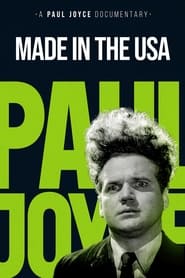 A Paul Joyce documentary on the...
A Paul Joyce documentary on the...Made in the USA 1993
A Paul Joyce documentary on the American independent film scene.
